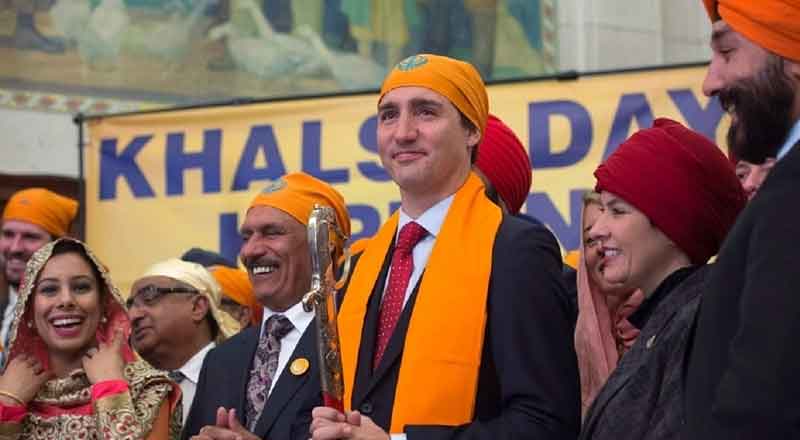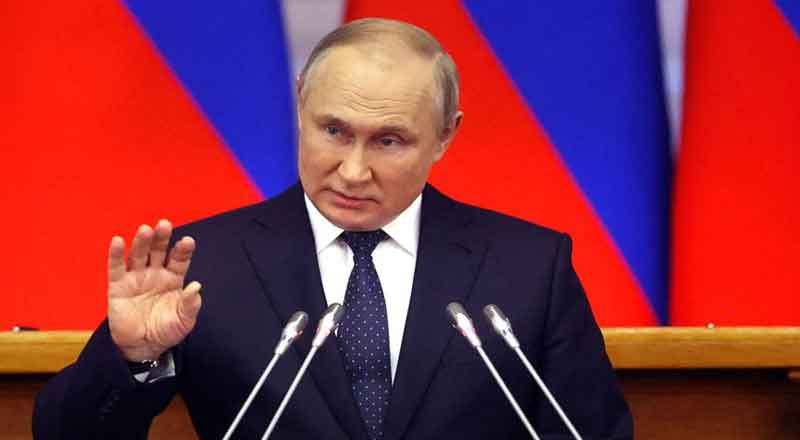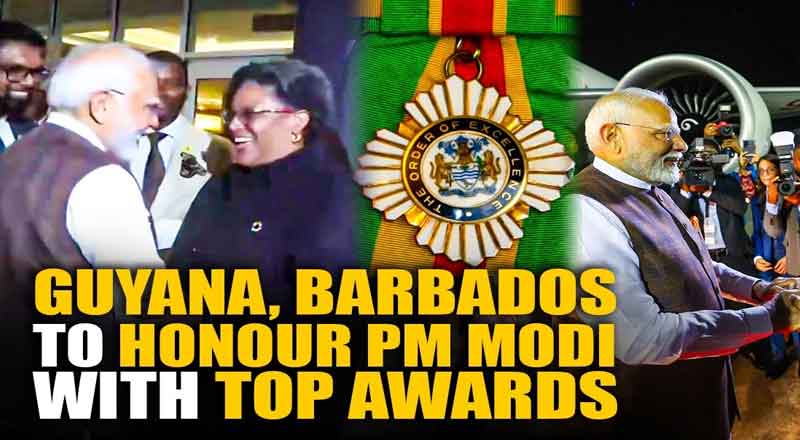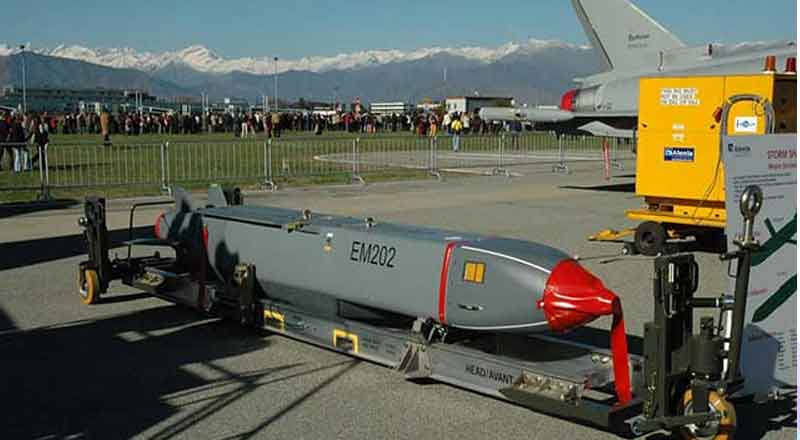The Growing Divide
The diplomatic relationship between India and Canada has reached new heights of tension, particularly following Canadian Prime Minister Justin Trudeau’s acknowledgment of a Khalistani support base within Canada. This unprecedented admission, made during Diwali celebrations on Parliament Hill in Ottawa, marked the first time Trudeau explicitly addressed the presence of Khalistan supporters, though he quickly clarified they do not represent the entire Sikh community. This concession follows months of escalating diplomatic strain after the murder of Hardeep Singh Nijjar, a designated Khalistani terrorist, in British Columbia in June 2023.
Trudeau’s Statement: Acknowledging a Divided Base
During his Diwali speech, Trudeau emphasized that while there are supporters of Khalistan in Canada, they are not indicative of the Sikh community as a whole. Drawing a parallel, he also noted that not all Hindu Canadians support the Modi government. “There are many supporters of Khalistan in Canada, but they do not represent the Sikh Community as a whole. There are supporters of the Modi government in Canada, but they do not represent all Hindu Canadians,” Trudeau said. His statement was an attempt to address the increasingly polarized diaspora in Canada while also diffusing the perception of official Canadian support for Khalistani separatism.
Escalating Tensions and Recent Clashes
Recent events in Canada have heightened the strained atmosphere. Earlier this week, a clash broke out between protesters waving Khalistani flags and worshippers at the Hindu Sabha Mandir in Brampton, Ontario. Videos circulated widely on social media showed fistfights and altercations involving poles and other objects, creating scenes of chaos outside the temple grounds. Trudeau responded with a strong condemnation of the violence, underscoring the need for religious freedom and safety in Canada.
India’s Ministry of External Affairs expressed serious concerns over the safety of Indian nationals in Canada and condemned the attack on the temple.
MEA spokesperson Randhir Jaiswal stated, “We have seen violent disruption today, orchestrated by anti-India elements outside the consular camp co-organized with the Hindu Sabha Mandir in Brampton. We remain deeply concerned for the safety of Indian nationals.”
India’s Stance on the Nijjar Case and Lack of Evidence
India has consistently refuted any connection to Nijjar’s killing and accused Trudeau’s administration of using the incident to appease pro-Khalistani factions. While the Trudeau administration suggested potential involvement by Indian diplomats, India dismissed these allegations as baseless and politically motivated. Despite Trudeau’s allegations, no concrete evidence has emerged to substantiate his claims, which rely heavily on intelligence rather than conclusive proof.
India’s response to Canada’s accusations has been firm. The Indian government labeled the claims “preposterous” and rejected any notion that its High Commissioner to Canada was involved in the incident. In a public inquiry, Trudeau himself admitted that Canada’s claims regarding India’s role in Nijjar’s killing were based primarily on intelligence reports, not hard evidence. He acknowledged that his administration had debated whether to go public with the intelligence during the G20 summit in New Delhi but ultimately decided against it.
Trudeau’s Public Admissions and International Impact
During an October inquiry into foreign interference, Trudeau discussed the intelligence surrounding the Nijjar case, noting that Canada had information from its security agencies and potentially from Five Eyes allies suggesting Indian involvement. However, he conceded that Canada’s evidence did not rise to the level of concrete proof. Trudeau remarked that Canada had opted to withhold this information during the G20 summit in New Delhi, reflecting a diplomatic caution aimed at maintaining a working relationship with India.
India has frequently raised concerns over Canada’s tolerance of Khalistani sympathizers within its borders. New Delhi asserts that such elements pose a security threat to India and argues that Canada has not acted decisively to curb their activities. These accusations, now gaining attention worldwide, highlight the diplomatic complexity both countries face in balancing domestic politics with international relations.
A Complex Path Forward
The India-Canada diplomatic standoff has unveiled deep-rooted tensions around issues of sovereignty, diaspora politics, and security. Trudeau’s recent acknowledgment of Khalistani supporters in Canada represents a notable shift in Canada’s discourse but stops short of addressing India’s broader concerns. Meanwhile, India’s repeated calls for action against Khalistani sympathizers reflect its stance on safeguarding national security and territorial integrity.
As both countries navigate this complex terrain, diplomatic resolution may hinge on greater transparency and cooperation. For Canada, addressing India’s security concerns without alienating its Sikh diaspora remains a delicate balance. For India, the priority remains the safety of its citizens abroad and assurance that its allies do not harbour elements that threaten its security. Moving forward, constructive dialogue and mutual respect may offer a path to easing the ongoing diplomatic rift.
(With inputs from agencies)





